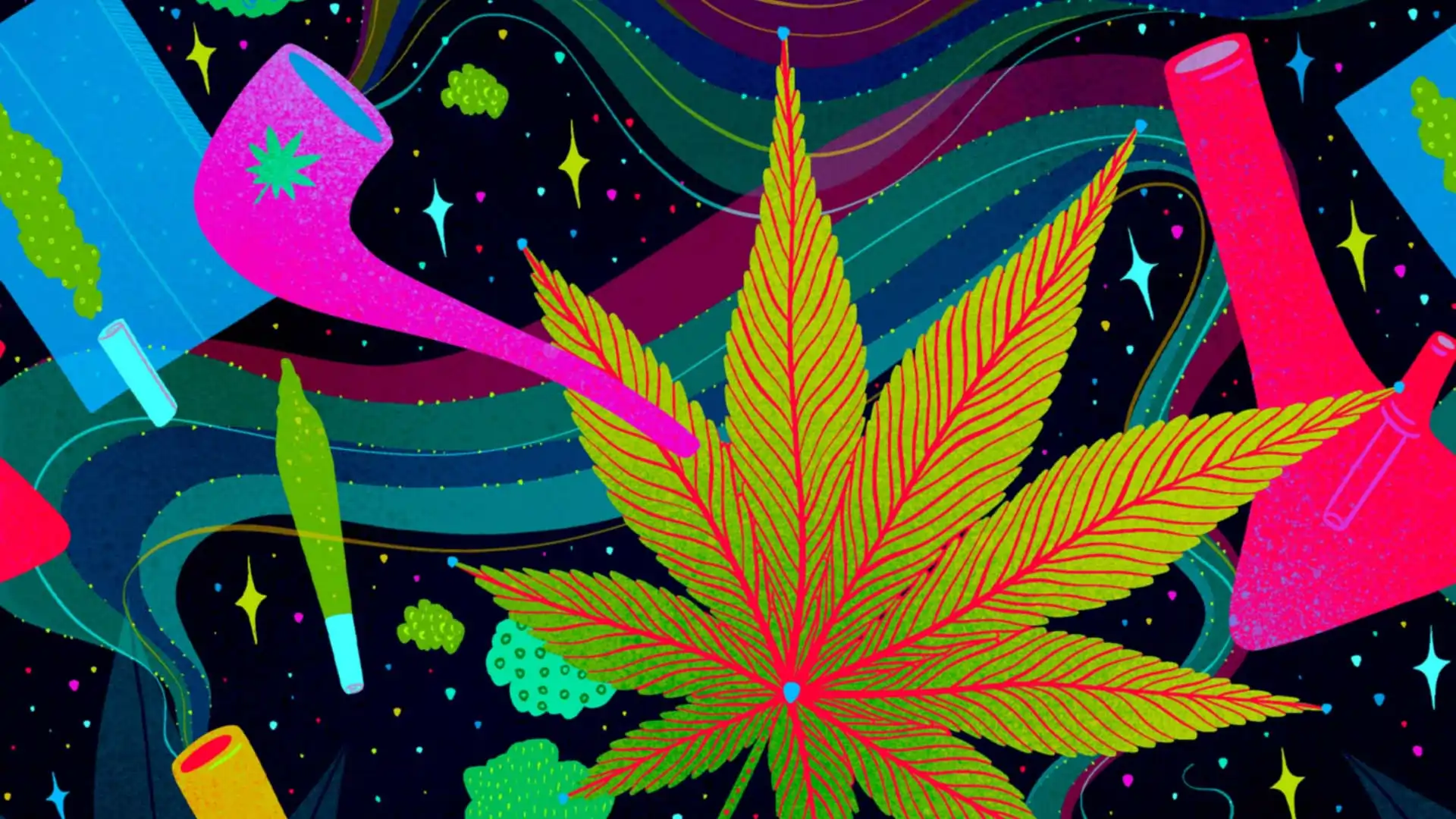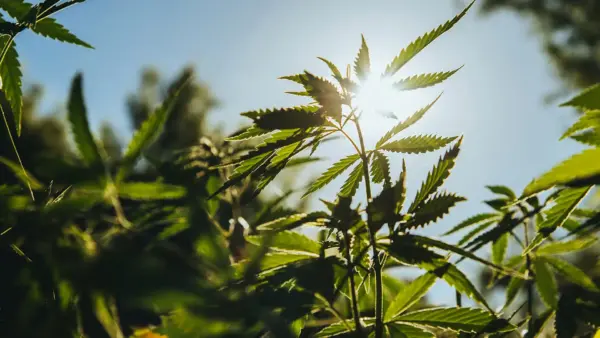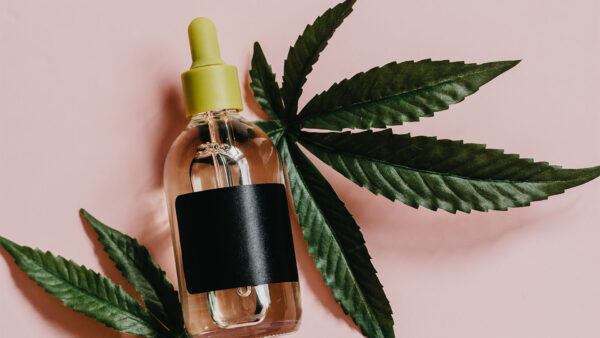Cannabis use in Canada has been on the rise since legalization in 2018. We all know that driving under the influence is dangerous and highly illegal. But smoking a joint or enjoying an edible can’t get you anywhere near the level of impaired as a couple drinks can—right?
The 2024 National Drug Driving Study by the University of British Columbia analyzed blood samples from drivers across multiple provinces from 2018 to 2023. It found that cannabis has started to replace alcohol as the most frequently detected impairing substance in drivers’ blood after crashes. Driving after cannabis use is becoming an emerging problem. People may not feel as “intoxicated” after using cannabis as they do with alcohol, making it easier to underestimate their impairment.
How does cannabis impair driving ability?
Cannabis works when THC, the main chemical compound found in cannabis, attaches itself to receptors in several parts of the brain. In doing so, it interferes with normal functioning and communication between different areas. For example, THC can attach to receptors within the brain’s amygdala, causing sensations of anxiety and fear. It can also prevent normal communication and signaling in the hippocampus, resulting in short-term memory impairment for a temporary duration.
But the most notable impairment related to driving is THC’s interaction with the cerebellum. The cerebellum is your brain’s fine-motor hub, controlling balance, coordination, and their sense of time. When a driver is high, their normal functioning may be altered such that their driving is severely and dangerously impacted.
British Columbia researchers have been examining the impacts of cannabis on human behaviour since 2012, suggesting that cannabis use can:
- Cause attention deficits
- Impair tasks like the ability to track (stay in a lane, monitor a speedometer)
- Slow reaction time
With this study, it was also suggested that habitual users do develop some tolerance to these effects. However, the impact of cannabis can vary based on factors such as the amount consumed, what the person ate that day, how long it’s been since they last used it, any drug interactions, and more. It’s impossible to predict how someone’s driving will be affected by cannabis, even if they are a regular user.
Alcohol and cannabis interactions

Alcohol and weed are frequently used in combination. Both of these drugs have comparable impacts on the body and brain, resulting in slowed reflexes, shifts in judgement, drowsiness, and more. In addition, combining these can increase the effects of both drugs. It’s been proven that those who mix cannabis and alcohol are likelier than those who just drink alcohol to engage in “sensation seeking behaviour.” In short, simultaneous usage can contribute to alterations in judgement and reduced cognitive function.
According to data from the Fatality Analysis Reporting System, the percentage of crashes involving cannabis increased from 9% to 21.5% between 2000 and 2018. With this, the percentage of deaths involving both cannabis and alcohol more than doubled from 4.8% to 10.3%. The same study suggests that cannabis and alcohol are being increasingly used together, and drivers may not be aware of their potential when combined. After all, one or two drinks alone may not do much, nor will a few puffs, but together? The results can be deadly.
How does a DUI impact my car insurance rate?
If you didn’t already know, driving while you’re high can land you with an impaired driving or DUI charge. It has the same potential penalties as if you were caught driving drunk.
Having a DUI conviction on your driving record can impact both your insurance and your future insurability. Many insurance companies, if not all, will now consider you high-risk, and many major carriers will not cover high-risk drivers. This may mean you’ll need to shop around to find a provider who will insure you.
When you can find insurance again, your rate will likely have doubled, if not tripled from what you were paying. This isn’t so much a punishment for the driver as it reflects the harm a DUI—and potentially another future one—can do. Insurance is based on risk, and drivers with a DUI in their history are viewed as potential future re-offenders. Here are some sample rates from G license and G2 license drivers, two with clean records to show a baseline, and two with DUIs to show the rate increase.
| Driver | Highest Rate | Lowest Rate | Average Rate |
| G License, Clean Record | $3,831 | $2,558 | $3,164 |
| G License, DUI | $11,539 | $4,588 | $8,488 |
| G2 License, Clean Record | $9,386 | $4,835 | $6,827 |
| G2 License, DUI | $23,935 | $8,568 | $13,956 |
DUI for fully-licensed drivers
If you’re fully licensed and have operated a motor vehicle with a blood alcohol concentration (BAC) of more than 0.08, over 5 nanograms (ng) of THC, or a combination of over 2.5 ng and a BAC of 0.05, you could be convicted of a DUI. This is considered a criminal offence and will show up on your driving record, labelling you a high-risk driver. Even having blood alcohol or THC levels in the “warning range” (the level of intoxication that you could have that would warrant a physical warning from the police) could mean serious consequences.
DUI for new drivers
If you have a learner’s license (or its equivalent where you live) there is a zero-tolerance policy for alcohol or THC (or any presence of drugs). You can get in serious trouble if you’re found with any level of drugs or alcohol in your system, and insurance companies may view this as the equivalent of having a DUI.
Final thoughts
There’s many misconceptions around cannabis use and too much downplaying of the severity that comes with driving high. No, it’s not “harmless” or “nowhere near as bad as alcohol.” Impaired driving poses serious risks with significant consequences.. If you’re drinking or using cannabis, don’t drive. And never get into a vehicle with someone who has been drinking or doing drugs.
If you have questions about your auto insurance or need coverage after a DUI conviction, please call us. We’d be happy to help you find a plan that works for you.
Looking for car insurance?
Speak with a Mitch Insurance broker today to get a quote on Ontario auto insurance.
Call now
1-800-731-2228







